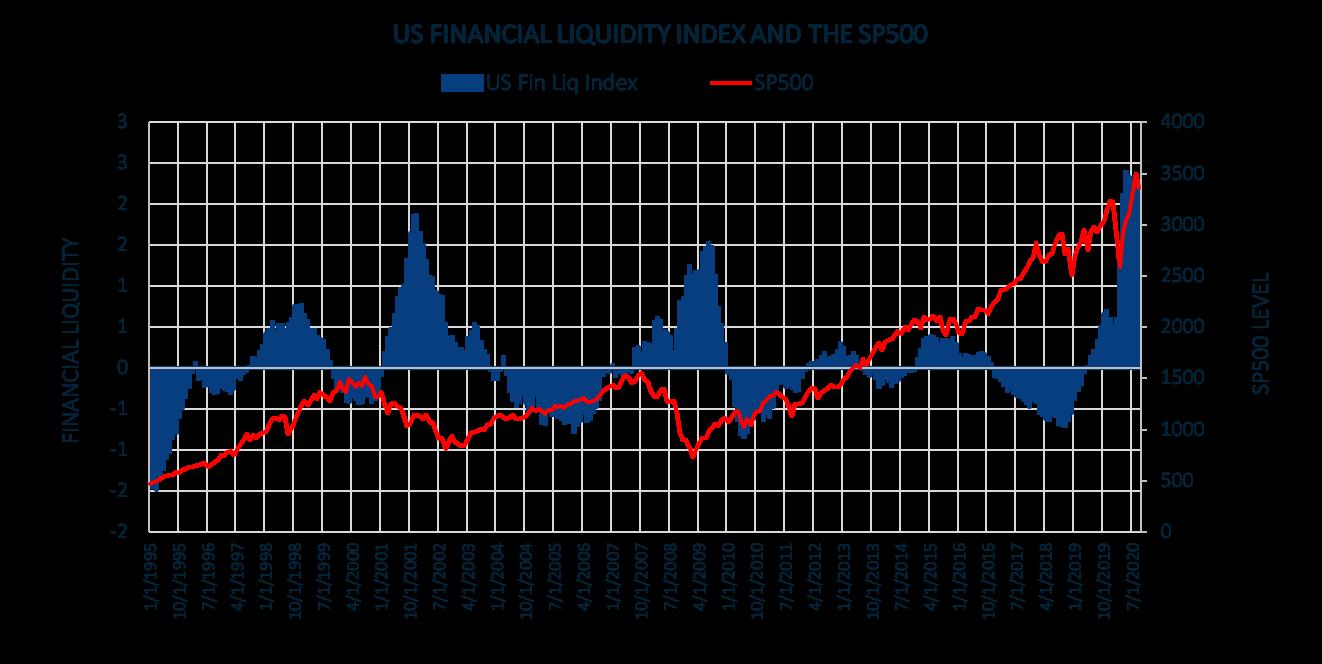
3 minute read
PROFILE: TUMI LOATE INVESTMENT ANALYST, 36ONE ASSET MANAGEMENT
How did you get involved in financial services – was it something you always wanted to do?
After I did academic articles at Wits University, I was allocated to the Financial Services Division within KPMG to audit. I was involved in auditing two of the five largest banks in South Africa. I gained insight into the various aspects of a banking model – how one looks at credit risk, endowment impact, and the different complex financial products the banks are involved with. Naturally, when I arrived at 36ONE Asset Management, I started looking at the banking sector and managed to pick up other financial firms and insurers.
As I love this sector, I was still keen to assess it, given that it is so crucial in determining the success of a nation’s economy.
What was your first investment – and do you still have it?
My first investment was a three-year structured product I entered into with Investec. The investment was linked to the FTSE 100 Index and was offering 10 times the return of any growth in the index, with a 75% capped geared return if the index was above 7.5%.
The product seemed complicated, but I liked the fact that if the index was down, they would return 100% of the capital invested (provided the index did not fall below 40%) and I also liked the exposure to internationally diversified companies. The index was above 7.5% over the three years, and I managed to make a very good return for my first investment.
What have been your best – and worst – financial moments?
One of my best financial moments relates to shares that I purchased in Phuthuma Nathi, offering an underlying investment in Multichoice South Africa (MCSA) to qualifying black investors in 2006. I bought the shares a few years ago at a price below R90 and have been collecting dividends ever since. Not only did I manage to collect an impressive dividend yield but have also seen good capital return performance. Multichoice, in the last two years, has also looked to unlock value for shareholders: they combined the PN1 and PN2 shares for greater liquidity, offered an additional 5% stake in MCSA for free, and offered shareholders an option to exchange 20% of their shares for JSE-listed Multichoice Group (to get Africa exposure).
My worst financial moment relates to an investment in British American Tobacco shares. When I purchased the shares, I had just entered the investment industry and assumed the shares were cheap by looking at historic variables. The share plummeted in late 2018 when the US Food and Drug Administration considered a menthol ban, and ESG and sustainable issues became front of mind for investors.
What do you tell investors who are worried about their investments due to SA’s current economic environment and COVID-19?
Yes, there are issues relating to unemployment, state-owned enterprises and deep-rooted fiscal issues, but investors must be careful not to panic, as this can result in investment realisation at significantly low value. Investors should carry on holding local investments that will be defensive and able to continue grabbing market share in this environment.
There should also be a healthy exposure to offshore assets. These asset values are not based on fundamentals in the local economy, and do not react to the devaluing rand currency. The increase in offshore exposure, though, should be done at an opportune time – not when the local market has already experienced a significant decline, or the currency has been hard hit.
Regulation 28 also offers greater flexibility – it allows for a 10% allocation to alternatives such as hedge funds. These funds are able to produce positive returns in rising and falling equity markets and can be especially valuable during times of heightened uncertainty. These funds have retail offerings and can serve to reduce investment risk, contrary to numerous investor myths.











